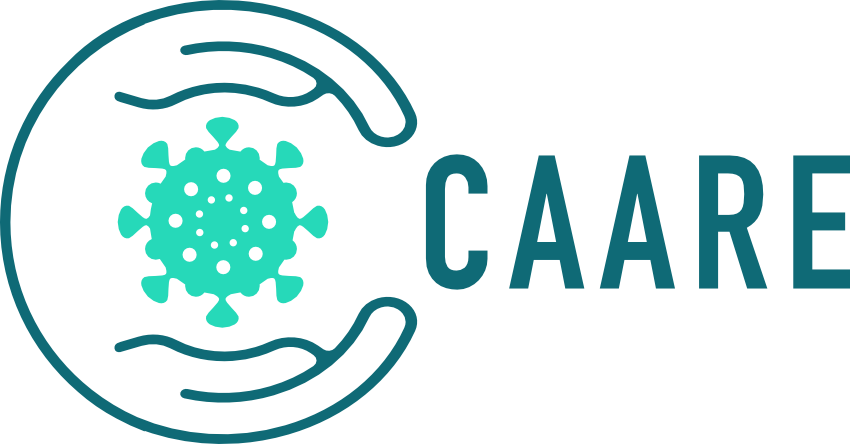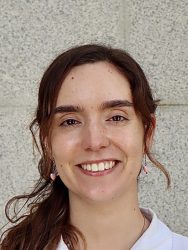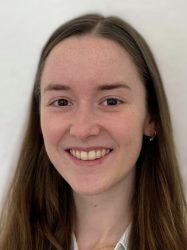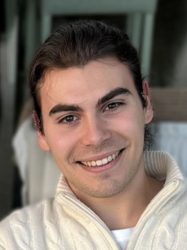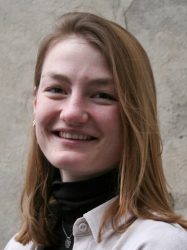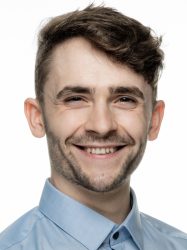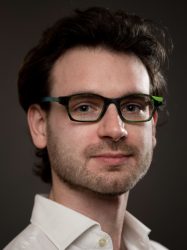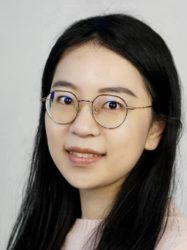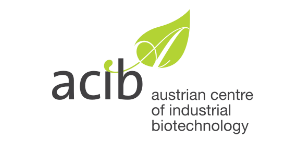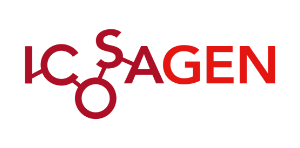acib (Austrian Centre of Industrial Biotechnology)

Alois Jungbauer
Project Coordinator

Project Manager
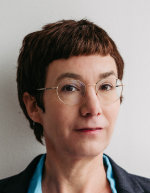
Project Manager
Karlsruher Institute of Technology (KIT)
Within KIT, MAB (Biomolecular Separation Engineering) belongs to the Institute of Process Engineering in Life Sciences and focusses on all aspects of modern downstream processing. The area of research ranges from accessing structural parameters of proteins on a molecular level, transport and surface interaction phenomena of proteins, purification and characterization of bio-nanoparticles to industrial process development, including real-time process monitoring and control (Process Analytical Technology, PAT). Computational methods are intensively used for data analysis, process modelling and digitalization of processes.
In CAARE, KIT is work package leader of the scientific work package 2 “Process analytical technology, data analysis and modelling” as well as of the work package 4 “Training and Career Development” and will also be involved in training activities. KIT employs two DCs at Campus South in Karlsruhe.
iBET
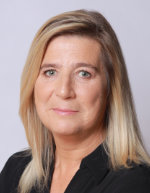
Akedemisch Ziekenhuis Leiden
University of Hamburg
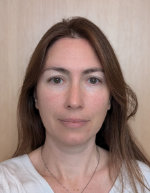
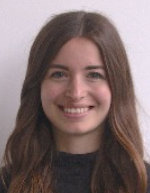
Icosagen Cell Factory OU

Friedrich Alexander University Erlangen-Nürnberg (FAU)
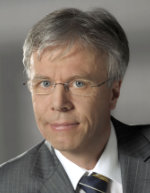

Roche
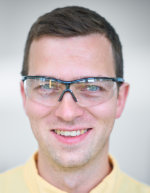
AGES

Phoenestra

NOVA University Lisbon

BOKU University
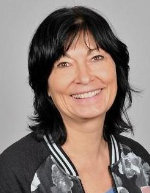
Genibet – Biopharmaceuticals SA
Viralgen Vecor Core, S.L.


Alfa Wassermann Separation Technologies BV
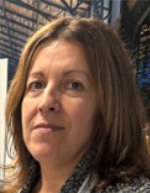
SimVantage

